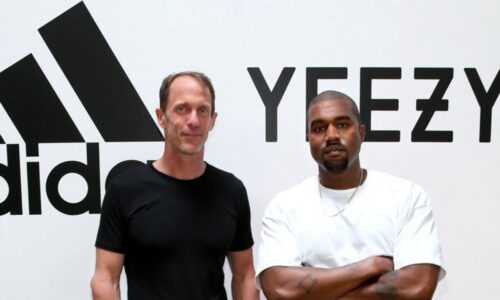Although he may or may not have intended to, Hip-Hop star Drake made a statement in 2015 about the current state and the future of the music industry when he unexpectedly released If You’re Reading This It’s Too Late.
|
|
The album was the first release of 2015 to be certified platinum by the Recording Industry Association of America (RIAA). It’s amazing because Drake dropped the album suddenly on February 13, 2015, with no promotion. Almost instantly after it was released, the entire record owned half of Billboard’s Hip-Hop/R&B charts.
The process has been dubbed “album dropping” – the process of releasing a record with little or no promotion. Beyonce, Drake, Miley Cyrus and most recently Future and Drake again, have done this with great success.
“I suspect that this trend is a thing because musicians know that our extremely short attention spans are causing the conventional model of announcing an album’s launch to lose its appeal,” professed Cody Fitzpatrick of Arizona University’s State Press.
“The old model includes hyping the album months in advance, periodically making singles available in a lead-up to a highly anticipated grand release date,” Fitzpatrick said. “In the age of Twitter, Instagram and Snapchat, I think artists and labels are trying to take advantage of our capacity to create a giant buzz about work in a matter of hours, not months.”
It’s not surprising that artists like Drake turn themselves into brands and start new businesses like the OVO Fest, especially since album sales have been in the toilet the past few years across physical and digital formats.
The verdict is still out on whether or not the strategy of “album dropping” will become the norm for stars with large enough followings to justify a new surprise in the form of new material. Either way, the album will continue to be the anchor that makes or break most artists careers.
In the meantime, there’s a ton of new ways for acts to cash in on their success, even if it is not derived from album sales.
“There are so many ways for superstars to make money outside of record sales, such as performances, sponsorships, product lines and television appearances, that many of them are willing to sacrifice a little download revenue in exchange for the increased popularity that they receive by giving more people access to their work,” said Fitzpatrick.
 @applemusic
@applemusic



